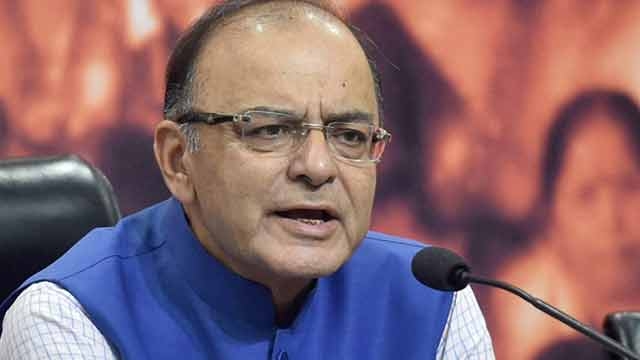Finance Minister Arun Jaitley finally broke silence on the abrupt resignation of Urjit Patel.
In an economic summit organized by the Times group, Jaitley admitted that the Centre had issues with RBI over credit flow and liquidity. He also claimed that the government has begun “discussions” with it to rectify the issues and make peace. He also justified the discussions under Section 7 of the RBI Act.
About the role of government in the economy, he commented, “We are the sovereign, we are the most important stakeholders as far as the management of the economy is concerned.”
He added, “In some situations, the autonomous institutions also have to be informed that there is some difficulty arising in the system that requires to be corrected. Further, if the government is not able to convey the difficulties in the system, it would be failing its duty.”
Also the Union Coal Minister Piyush Goyal, who replaced Jaitley when he was on medical leave, publicly condemned RBI policies as “unreasonable” while referring to the prompt corrective action (PCA) framework which prevents banks from routine lending activities.
Goyal also claimed that the original PCA framework had only the capital adequacy as the key determinant on whether a bank goes into PCA, but RBI abruptly added other factors, including the “worst condition” of two years of profitability.
Under Section 7 of the RBI Act, the central government can force RBI to implement certain policies, citing national interest. Section 7 which has never been used before, was invoked by the Modi government.
In the 83-year-old history of RBI, Section 7 was invoked for the first time only when RBI ignored the Modi government’s wishlist. The section is seen as an extreme measure.

